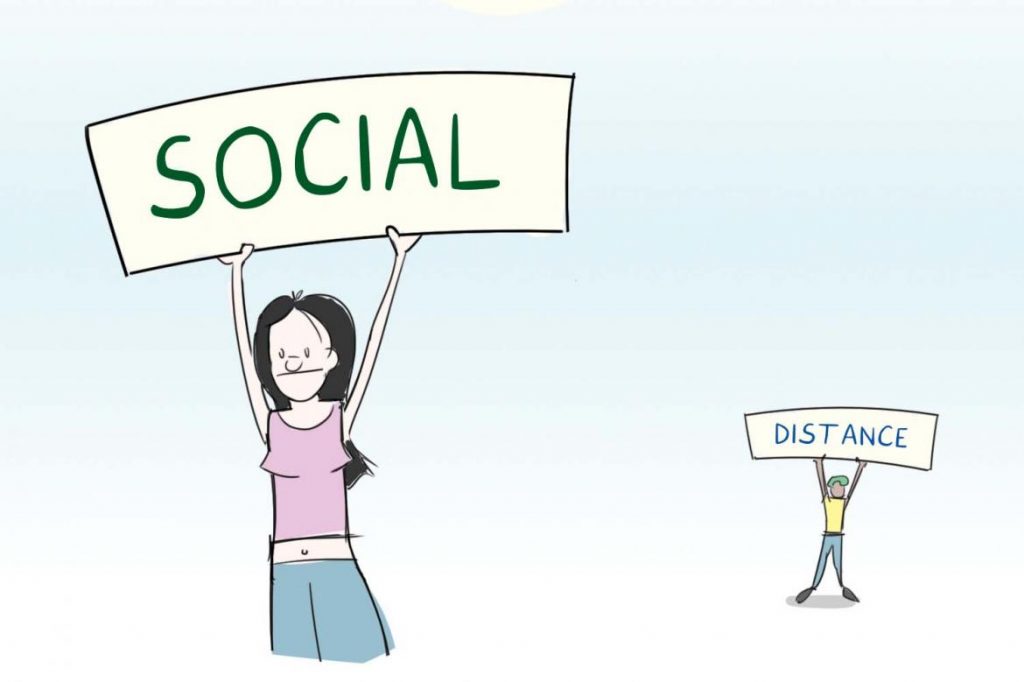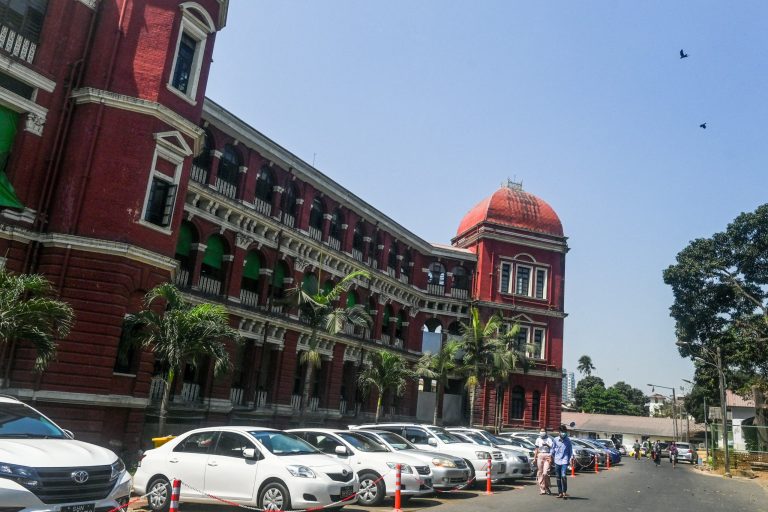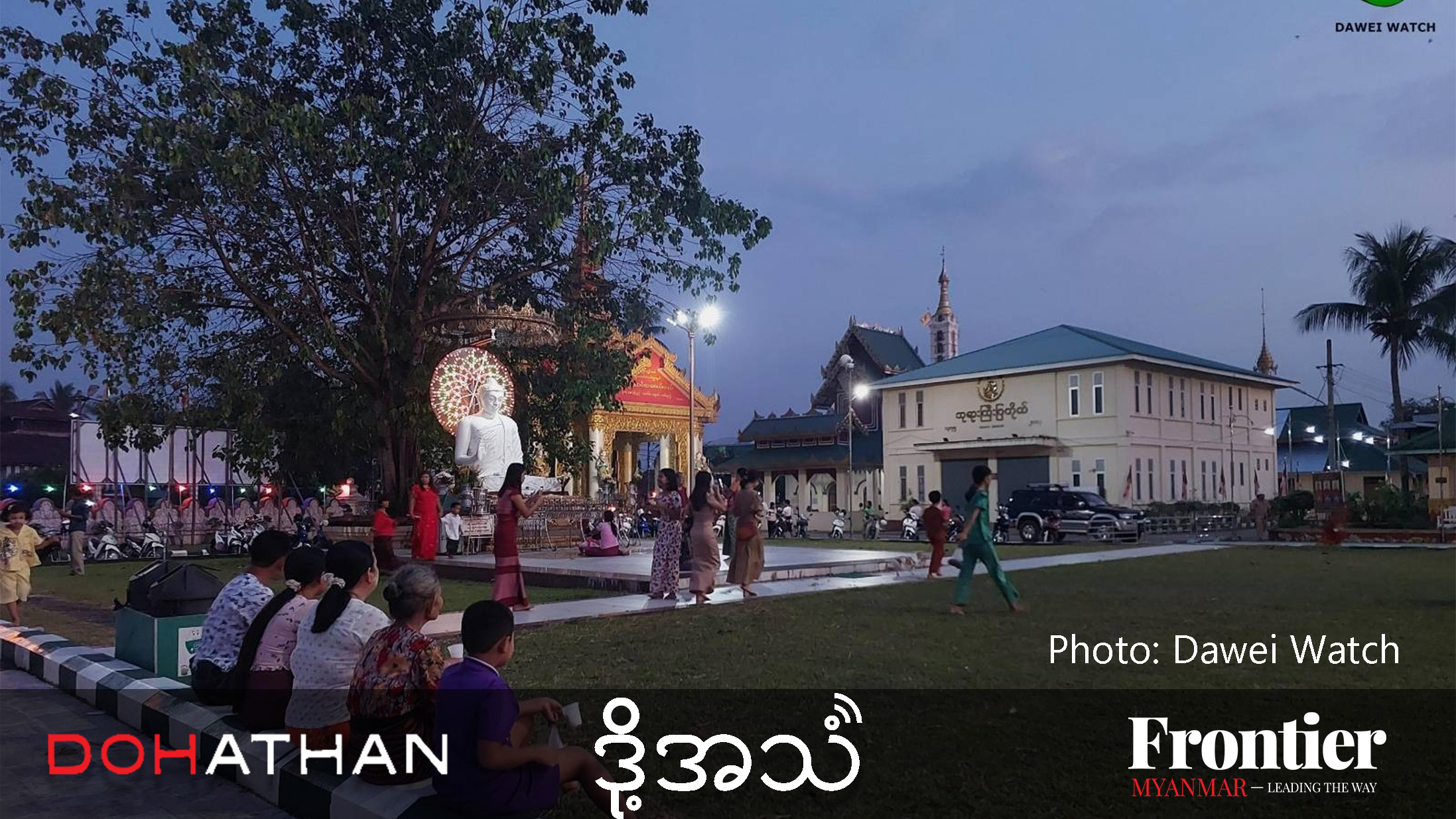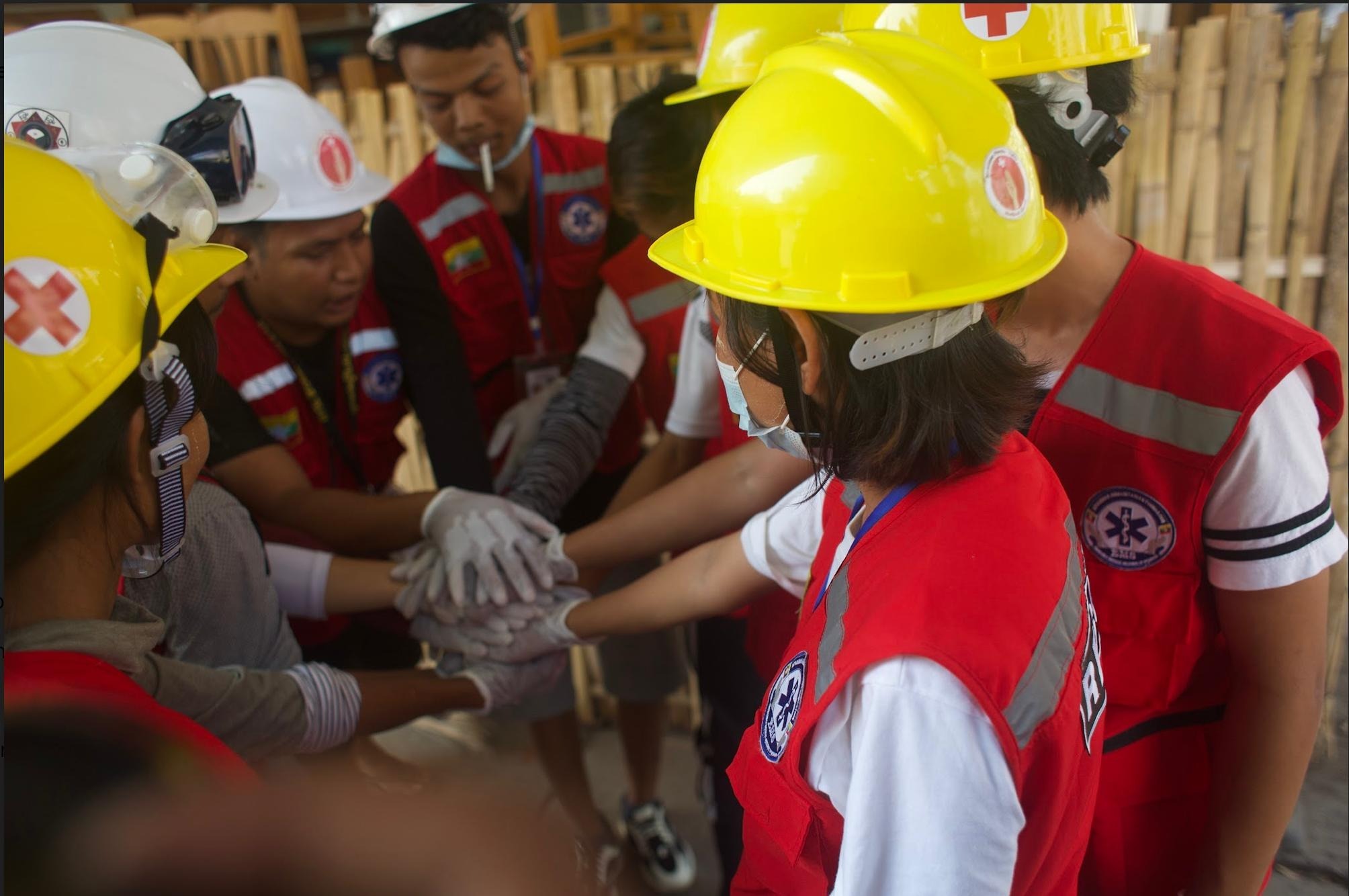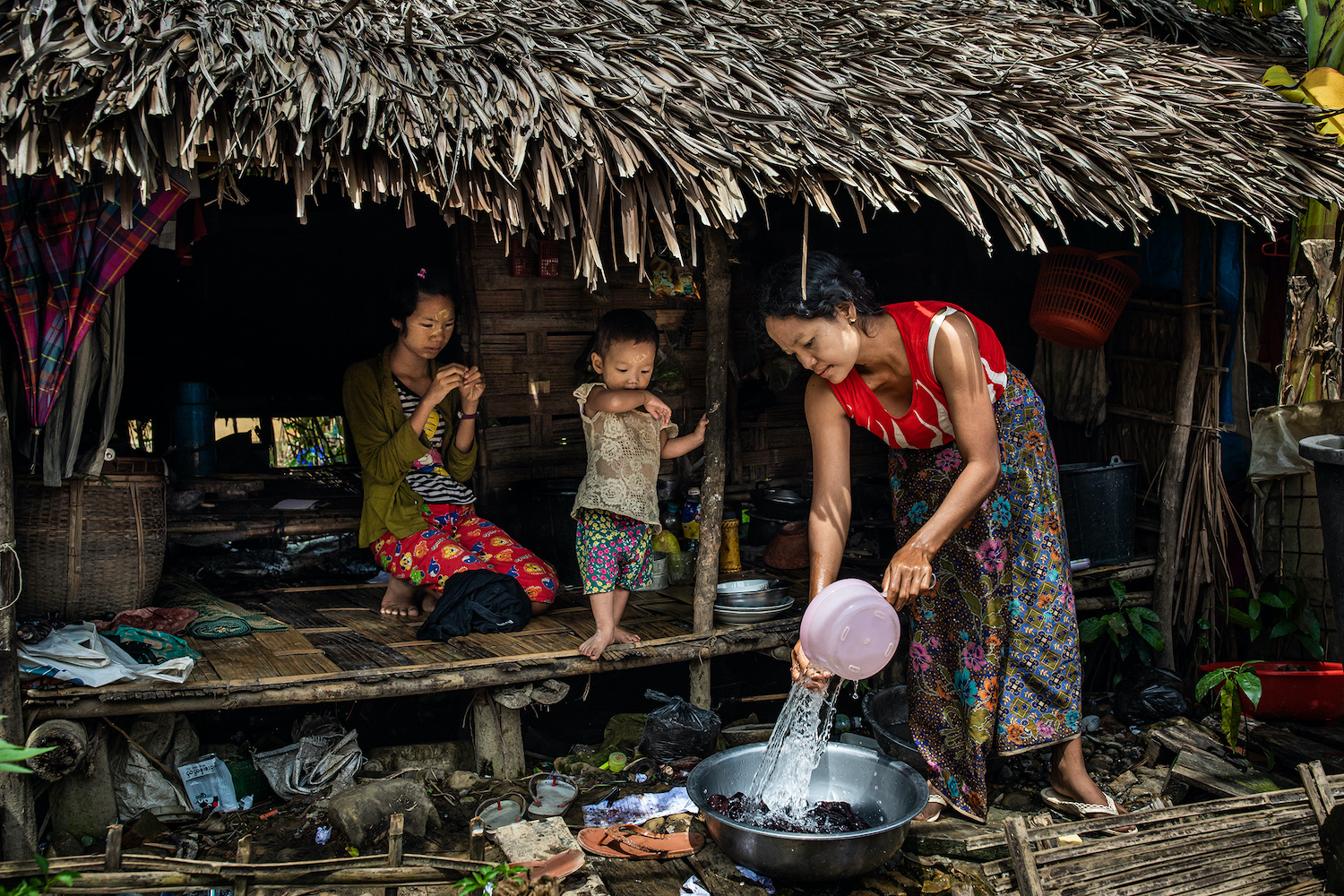By NICOLE TU-MAUNG | FRONTIER
YANGON’S vibrant social scene, from crowded nightclubs and concerts to night markets and art festivals, are part of what makes it such an attractive place to live for fun-loving locals and expats alike. But, as the rest of the world grinds to a halt in response to the COVID-19 pandemic, many of Yangon’s events are being cancelled and its venues closed until further notice.
Although Myanmar has confirmed only a small number of cases of COVID-19, the disease caused by the novel coronavirus, these precautions are for a good reason. Research shows that social distancing is one of the most effective ways to prevent the spread of the novel coronavirus and viruses with a high infection rate in general. This doesn’t mean you should overstock on food or hoard supplies, but it does mean minimising unnecessary contact with people outside of your household, avoiding crowded spaces, and practicing good hygiene.
This strategy is known as social distancing. By trying to keep contact between humans to a minimum, we can reduce potential spread of the virus and protect vulnerable populations, such as the elderly, those with existing health conditions, and people with limited access to food and economic resources. Lessons from countries with high incidences of novel coronavirus infection, such as Italy and the United States, tell us that the number of COVID-19 cases can rise rather quickly and overwhelm the public health system. In Yangon, the most densely populated city in Myanmar, we can use social distancing as a proactive strategy to prevent the spread of COVID-19 and in turn ease the burden on health care workers and the public.
Social distancing doesn’t mean complete isolation – in fact, some experts, including from the World Health Organization, advocate using the term “physical distancing” instead, to emphasise the importance of maintaining social connections. Instead, you can find ways to adapt your daily routine to maintain a physical distance from others and prevent disease transmission. Here are a few tips for practising social distancing in Yangon while taking care of your physical and mental wellbeing.
Work out wisely
Rather than going to the gym (provided yours isn’t closed already), choose to work out at home. If you are desperate for fresh air, try Kyaikkasan Race Course, a colonial-era race course turned public track and field. With plenty of shade and wide open running lanes, you can keep your body active while making sure to keep a safe distance from other runners and joggers.
Find a quiet space to read, relax, or meditate
Green space is important for reducing stress and anxiety. Popular public spaces such as Mahabandoola Park and Shwedagon Pagoda are often crowded but there are many less-visited temples and sites, like Nga Htat Gyi Pagoda, Chauk Htat Gyi Pagoda and the Lim Chin Tsong Palace, that can act as public green space. These places offer quiet, open spaces to read, relax and take in sunset views. If you see a lot of people, simply choose another time or place to go.
Change your shopping routine
Indoor grocery stores with narrow aisles create opportunities for close contact with others and require using shared objects like carts and baskets. To avoid possible viral transmission and long lines, shop at your local produce vendor instead. If you need to go to an indoor store, bring your own bag and minimize trips to the store. The recent closure of restaurants has hit these businesses and their employees hard, but many remain open for take-away service. Opting for takeout is a great way to support these businesses while reducing the risk of coronavirus transmission.
Avoid public transport and peak hours
If you need to travel, walk instead of taking public transport. If you’re going somewhere that often has a lot of people, try to go during less popular times, such as early morning or evening. This way you can beat both the crowds and the summer heat.
Explain to your aunties, uncles, poh poh and pwah pwah why you can’t see them for Thingyan
Thingyan, the week-long New Year celebration in April, is a time when people travel and families get together. It may also be a time when transmission of viruses is more likely to occur between people living in different places and of different generations.
While it’s common for Buddhists to pay respects to their elders during this holy time, perhaps the most respectful thing we can do is protect our elders from the potential risk of the coronavirus. If you get creative, you can gadaw over Facebook, Viber or Whatsapp instead.


